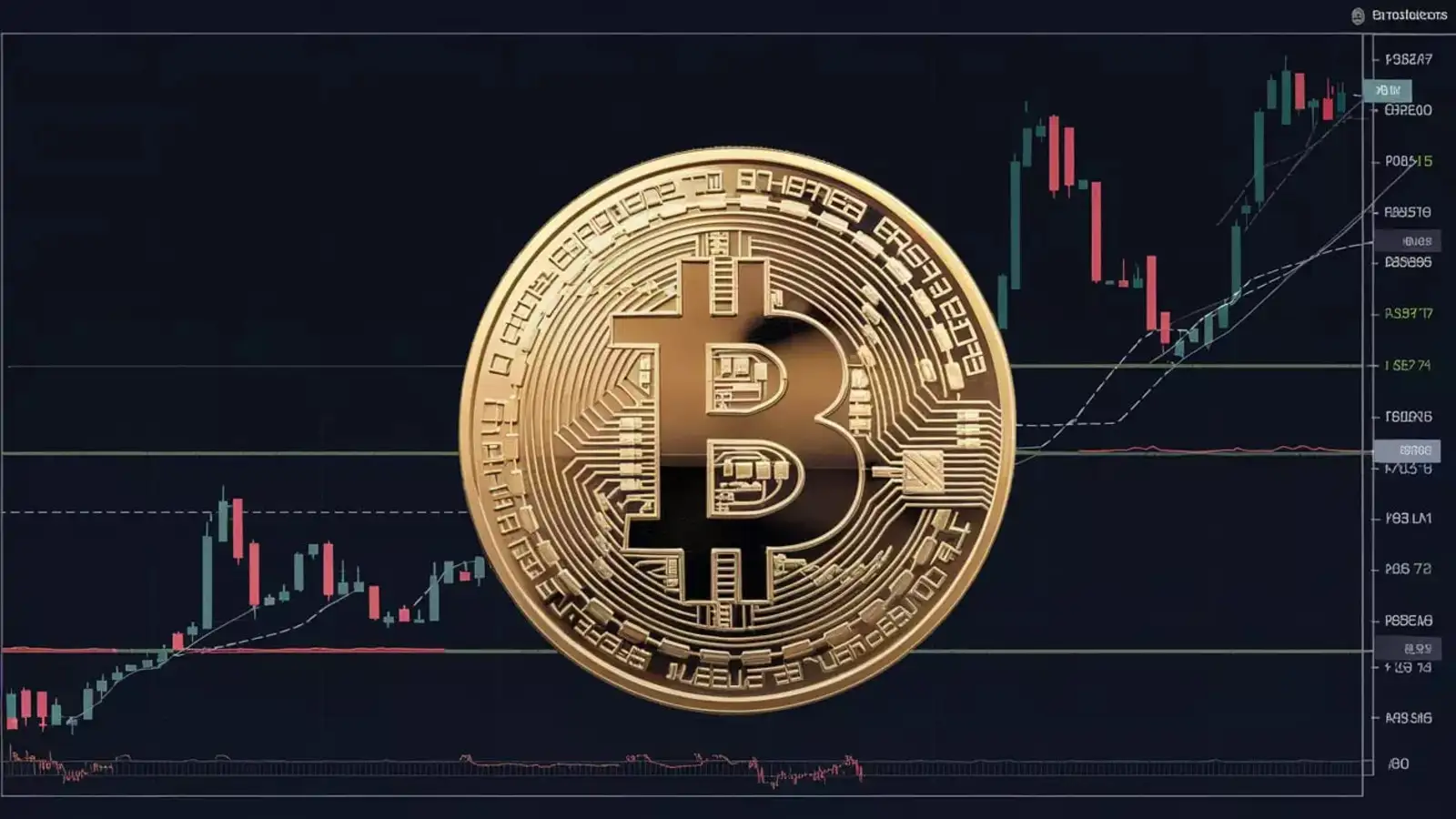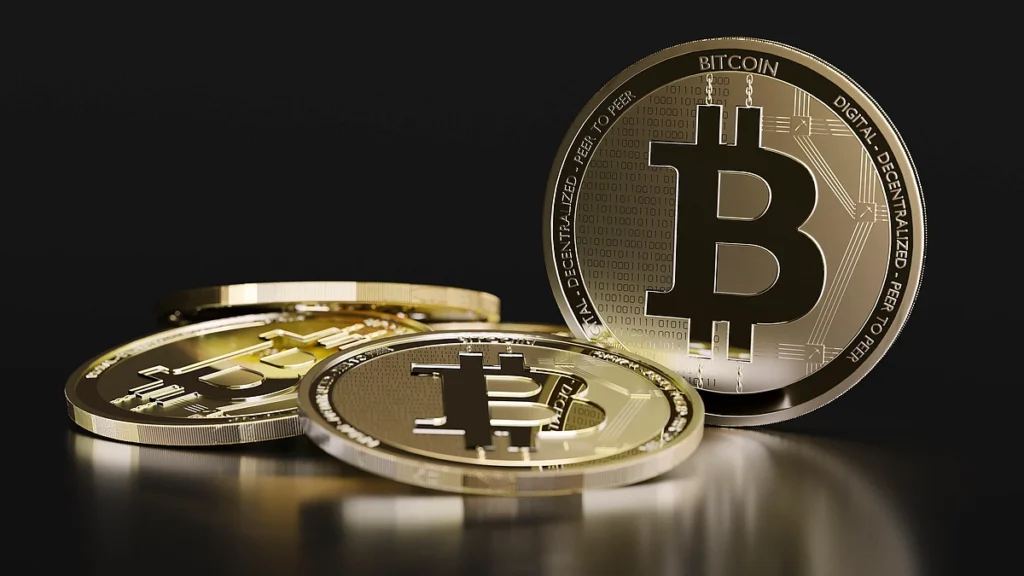Now Reading: Regulation and tax confusion: What India’s latest crypto rules mean for investors
-
01
Regulation and tax confusion: What India’s latest crypto rules mean for investors
Regulation and tax confusion: What India’s latest crypto rules mean for investors

For many Indians, cryptocurrency has become a new way to invest and trade, especially in Tier 2 cities where people are looking for extra income. But with fast growth has come an equally fast wave of government rules and tax measures. From high tax rates to questions about legality, investors are struggling to understand how these policies affect their money. The picture is still unclear, leaving both risks and opportunities on the table.
The taxation puzzle
India introduced a flat 30 percent tax on income from virtual digital assets. On top of that, every transaction above a certain threshold is subject to 1 percent TDS. While this was meant to bring transparency and track transactions, for many small investors it feels like a heavy burden. For someone trading with small amounts in Nagpur or Jaipur, the tax can often eat into potential profits. Losses cannot be offset against gains either, making it more difficult to recover from mistakes.
Regulation without clarity
Despite the taxes, the bigger question remains: is crypto fully legal in India? The government has not banned it, but neither has it given it the status of legal tender. Exchanges operate under compliance guidelines, yet the absence of a comprehensive law creates uncertainty. For Tier 2 investors who are new to financial markets, this confusion can be overwhelming. Many do not know if their trading today could face restrictions tomorrow.
Impact on smaller city traders
In metros, people often have access to financial advisors or legal experts who can explain rules. But in smaller cities, most investors rely on online information, local groups, or word of mouth. That often leads to half-understood details. Some avoid trading altogether because of the tax, while others continue without properly accounting for their gains. The result is a mix of cautious hesitation and uninformed risk-taking.
Why the government is strict
Officials argue that strict taxes and monitoring are necessary to prevent misuse. Crypto transactions can be used for money laundering or tax evasion, so regulators want a clear trail. By imposing TDS and requiring exchanges to record transactions, authorities aim to keep the market transparent. However, this strictness has also slowed down genuine investors who simply want to explore crypto as a new asset class.
What lies ahead
There is growing talk about a global framework for crypto regulation, with India taking part in discussions. Investors hope this could bring more clarity, especially regarding taxation rules and legal status. Until then, people in Tier 2 cities must be extra careful. Keeping records of every transaction, declaring income honestly, and using only trusted exchanges are small but important steps.
Conclusion
India’s approach to crypto is still a work in progress. High taxes and uncertain laws have created confusion for ordinary investors, particularly in smaller cities where financial literacy and expert access are limited. What this really means is that while crypto remains a tempting opportunity, it is not a shortcut to easy wealth. For now, caution, awareness, and discipline are the best tools for navigating this evolving space

























